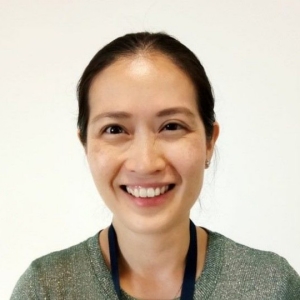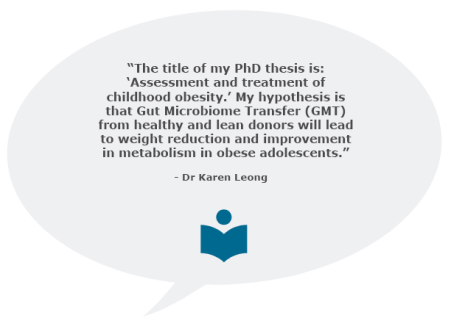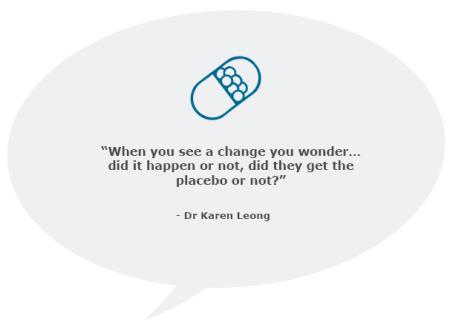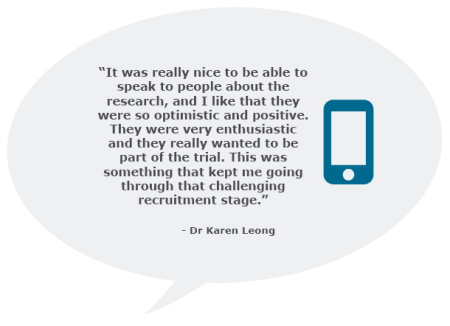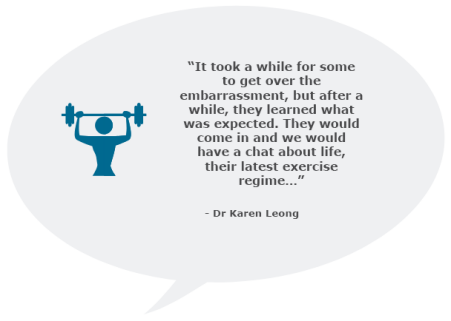Dr Karen Leong is a paediatrician from Malaysia. As a paediatrician working at a large referral centre for paediatric endocrinology, she would see many children with hormone problems. For example, some children lived with health issues such as short stature, obesity or diabetes (diabetes can develop as a consequence of obesity). Dr Leong wanted to learn more about issues and interventions related to obesity.
Dr Leong came to New Zealand in 2017 to do a year-long fellowship in paediatric endocrinology with Professor Wayne Cutfield. Following this, Prof. Cutfield suggested the idea of doing a PhD as part of the Gut Bugs trial. Karen is now a PhD student, working as a Clinical Research Fellow at the Liggins Institute, The University of Auckland. When her PhD is completed in 2020, Karen will be a medical doctor and a PhD - a Doctor of Philosophy.
Karen was first involved in the Gut Bugs pilot trial and subsequently became involved in the main trial. The main trial is on-going, with first results anticipated towards the end of 2019. The Gut Bugs research is conducted by a large team of people which consists of sub-teams such as the clinical team, the gut microbiome team (for example, Thilini Jayasinghe and Dr Justin O’Sullivan), the nutrition/dietetics team, pharmacists and drug delivery.

